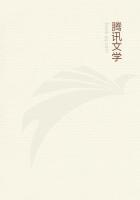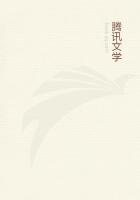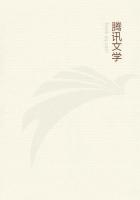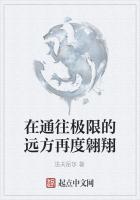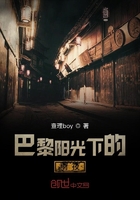There were two roads to the homestead. One went along the open plain, and was by far the shortest; but you might be seen half a mile off. The other ran along the river bank, where there were rocks, and holes, and willow trees to hide among. And all down the river bank ran a little figure.
The river was swollen by the storm full to its banks, and the willow trees dipped their half-drowned branches into its water. Wherever there was a gap between them, you could see it flow, red and muddy, with the stumps upon it. But the little figure ran on and on; never looking, never thinking; panting, panting! There, where the rocks were the thickest; there, where on the open space the moonlight shone; there, where the prickly pears were tangled, and the rocks cast shadows, on it ran; the little hands clinched, the little heart beating, the eyes fixed always ahead.
It was not far to run now. Only the narrow path between the high rocks and the river.
At last she came to the end of it, and stood for an instant. Before her lay the plain, and the red farmhouse, so near, that if persons had been walking there you might have seen them in the moonlight. She clasped her hands. "Yes, I will tell them, I will tell them!" she said; "I am almost there!" She ran forward again, then hesitated. She shaded her eyes from the moonlight, and looked. Between her and the farmhouse there were three figures moving over the low bushes.
In the sheeny moonlight you could see how they moved on, slowly and furtively; the short one, and the one in light clothes, and the one in dark.
"I cannot help them now!" she cried, and sank down on the ground, with her little hands clasped before her.
"Awake, awake!" said the farmer's wife; "I hear a strange noise; something calling, calling, calling!"
The man rose, and went to the window.
"I hear it also," he said; "surely some jackal's at the sheep. I will load my gun and go and see."
"It sounds to me like the cry of no jackal," said the woman; and when he was gone she woke her daughter.
"Come, let us go and make a fire, I can sleep no more," she said; "I have heard a strange thing tonight. Your father said it was a jackal's cry, but no jackal cries so. It was a child's voice, and it cried, 'Master, master, wake!'"
The women looked at each other; then they went to the kitchen, and made a great fire; and they sang psalms all the while.
At last the man came back; and they asked him, "What have you seen?"
"Nothing," he said, "but the sheep asleep in their kraals, and the moonlight on the walls. And yet, it did seem to me," he added, "that far away near the krantz by the river, I saw three figures moving. And afterwards--it might have been fancy--I thought I heard the cry again; but since that, all has been still there."
Next day a navvy had returned to the railway works.
"Where have you been so long?" his comrades asked.
"He keeps looking over his shoulder," said one, "as though he thought he should see something there."
"When he drank his grog today," said another, "he let it fall, and looked round."
Next day, a small old Bushman, and a Hottentot, in ragged yellow trousers, were at a wayside canteen. When the Bushman had had brandy, he began to tell how something (he did not say whether it was man, woman, or child) had lifted up its hands and cried for mercy; had kissed a white man's hands, and cried to him to help it. Then the Hottentot took the Bushman by the throat, and dragged him out.
Next night, the moon rose up, and mounted the quiet sky. She was full now, and looked in at the little home; at the purple flowers stuck about the room, and the kippersol on the shelf. Her light fell on the willow trees, and on the high rocks, and on a little new-made heap of earth and round stones. Three men knew what was under it; and no one else ever will.
Lily Kloof, South Africa.


